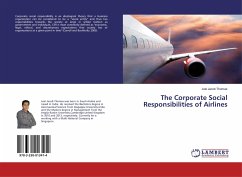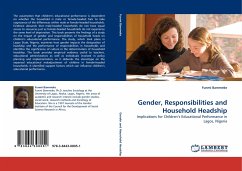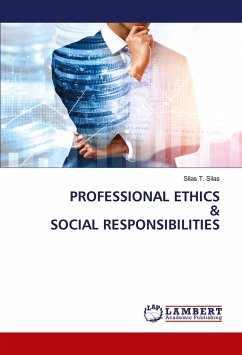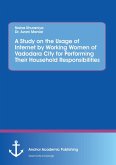The book analyzes the right to reconcile work and family responsibilities which is crucial for women's participation in the labor market. Due to women's overburden as primary caregivers, women cannot fully enjoy their right to work. Therefore reconciliation should be acknowledged as a human rights problem by states. Two alternative reconciliation models are examined. The equality driven model encompasses parental leave and childcare facilities, which require positive intervention of the state and is more likely to trigger structural change. The market driven model (flexibility), which is based on part-time work and homeworking strategies, target women's participation in the labor market without aiming at any change in the gender division of labor. The effectiveness of these strategies is analyzed within a feminist jurisprudence method. While the focus is on the international framework and the European Union (EU) Member States, the specific case of Turkey as a candidate to the EU-is also considered. In order to overcome the reconciliation problem and to transform the patriarchal structure of both the market and the family, state intervention in the private sphere is required.
Bitte wählen Sie Ihr Anliegen aus.
Rechnungen
Retourenschein anfordern
Bestellstatus
Storno








